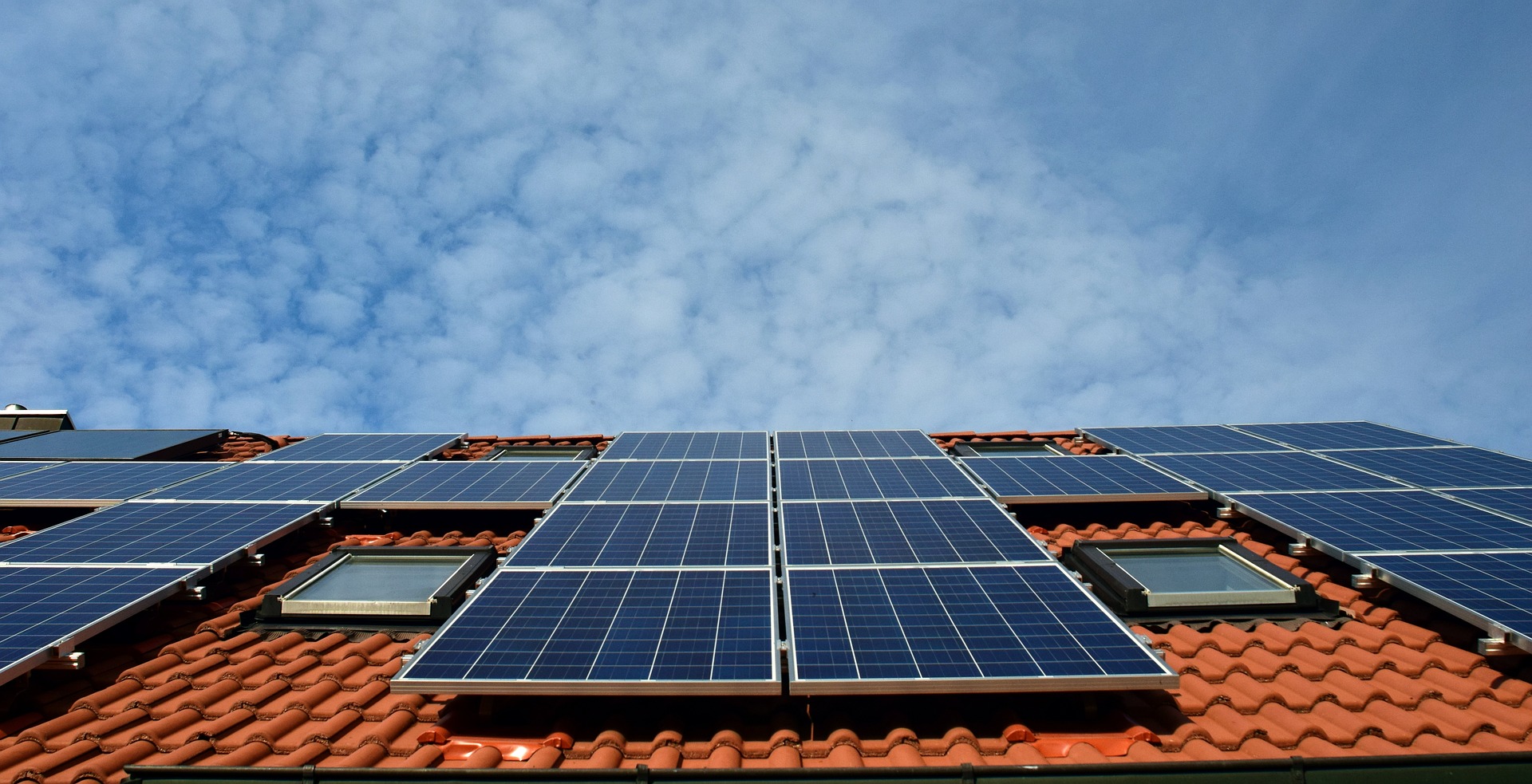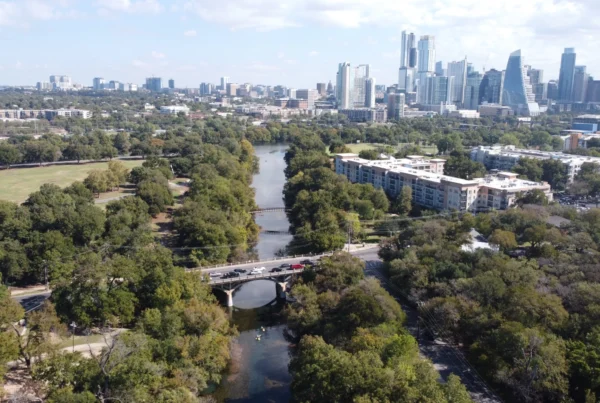Not too long ago, solar panels seemed like a home improvement from the space age. Seeing them was a novelty. Now though, especially in Texas, they seem to be everywhere.
That’s because the Lone Star State is in the wake of a solar panel boom. But not everyone who’s had them installed on their roof is happy about the decision. Instead of clean energy and cheaper electric bills, solar panels have been a source of misery and frustration for thousands of homeowners.
That’s according to a series of stories by Sara DiNatale, energy and labor reporter for the San Antonio Express-News. She spoke to Texas Standard about complaints the attorney general’s office received about solar panel installation. Listen to the interview above or read the transcript below.
This transcript has been edited lightly for clarity:
Texas Standard: You’ve spent a lot of time taking a deep dive into some of the darker parts of the solar panel industry. Can you give us some examples of the kinds of negative experiences homeowners have had?
Sara DiNatale: So to do this story, I analyzed more than a thousand complaints made to the Texas Attorney General’s Office and found issues that fell in a few major buckets.
Sales agents misled customers about tax benefits. The systems weren’t producing as much as promised, if they worked at all. The systems were done so poorly that they weren’t passing local utility inspections. And in extreme cases, Texans were left with holes in their ceilings or leaky roofs from shoddy work.
In a lot of these cases, the victims were elderly, disabled or sick or didn’t speak English as a first language. And many of them said in retrospect, they think they were viewed as easy targets for door-to-door solar sellers.
The solar panel business boomed over the past five years or so. What were the factors behind that?
It’s a combination of things, especially during the pandemic and sort of that era right after where we had way more people working from home. That set up a really ideal situation for someone who’s knocking door-to-door or trying to sell anything.
But solar panels, especially because we were also in the aftermath of winter storm Uri, over 2021 especially, you had that combination of more people working from home and sort of the fragility of the Texas grid being on the forefront when you had sales agents saying, ‘hey, this could help your home be more self-sufficient during power outages.’
In your reporting, you describe how some customers get abandoned by a solar company before the panels are even fully installed. How does that happen, and what are customers options afterwards?
It’s really tough and I wish I had a better answer. But the the way it happens is that some of these companies sort of front load jobs and then when they’re dealing with financing issues or just their own poor planning, they file for bankruptcy before they finish their work.
Sometimes the financers will help those with incomplete systems find a new installer to finish up the job. But a lot of times it might fall on your shoulders.
My advice would be to find a local company , then meet them in person. Ask if their technicians have certifications . It’s a mouthful – it’s called the NABCEP. But they’re kind of a third party industry standard that can help you sort of vet to make sure that the folks you’re hiring to try to fix the mess can actually fix it.
Well, I understand that these solar companies are very lightly regulated in Texas. What kind of rules do other states have in place to try and prevent these bad business practices?
So in Texas, you need to be a certified electrician to hook up the system, but that really only touches part of the process.
So the folks actually physically on your roof bolting the panels into place, designing the system, selling you the system… None of them have to have any kind of state license.
California, for example, regulates the actual installation process. There’s a solar technician license you need. Florida has something similar. California also takes it a step further and regulates door-to-door sales as well, with a license and required background check.














